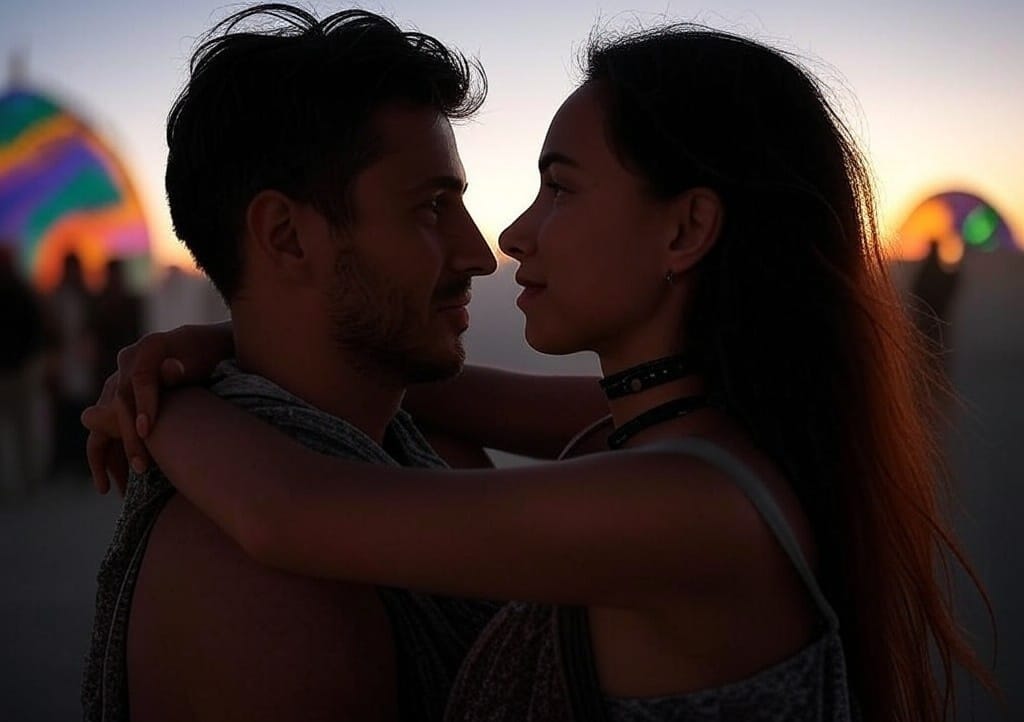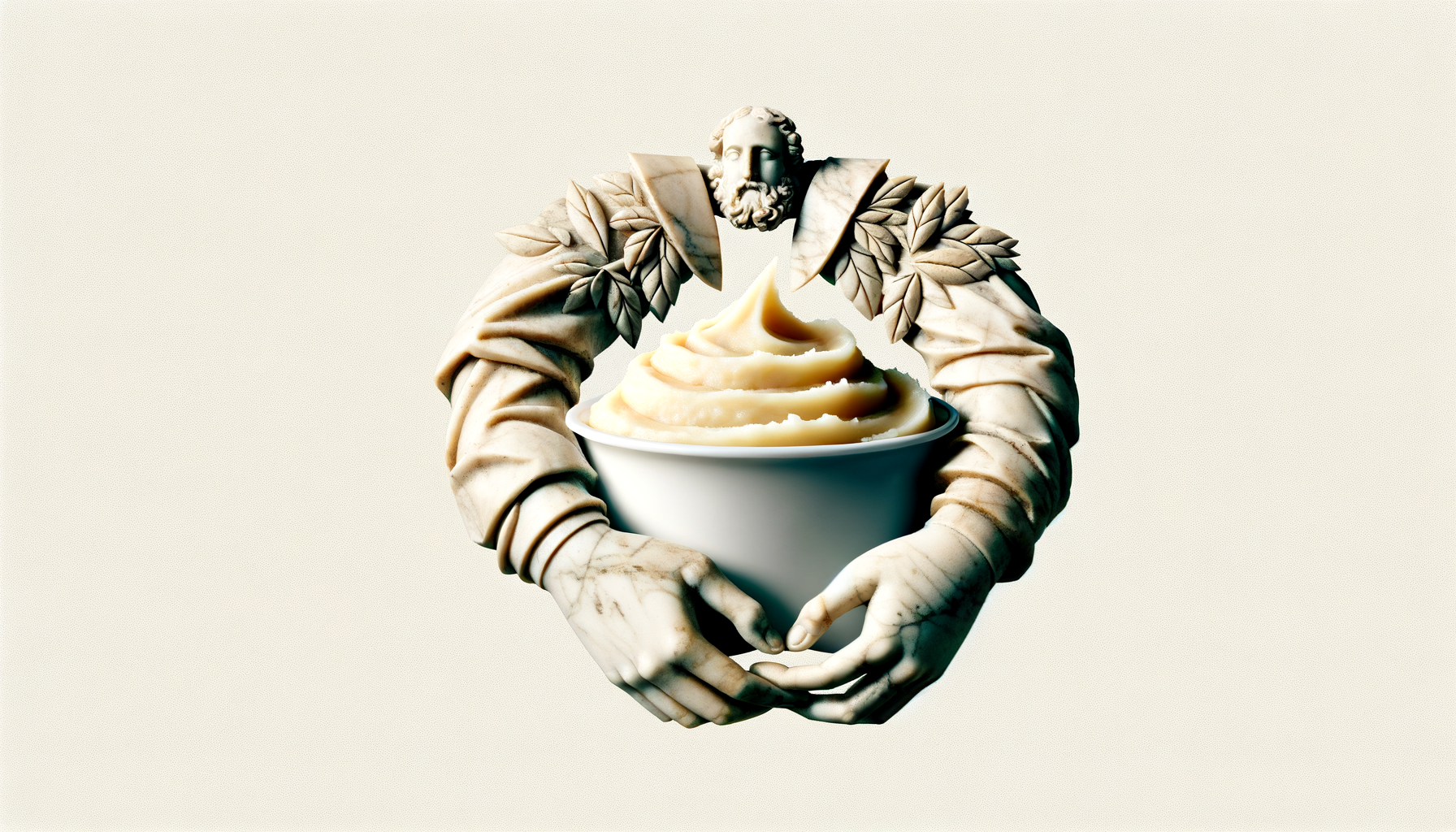Growing up, my family gatherings felt less like traditional reunions and more like open-mic storytelling nights. Picture a group of lively relatives embedded in couch cushions, snacks in hand, volleying tales across generations. The recurring star of these sessions? My great-aunt Ina—a woman whose life seemed plucked straight out of a Gabriel García Márquez novel, equal parts magical and absurd. She didn’t just tell stories; she curated oral history with the flair of a seasoned performer. And let me tell you: her influence on my understanding of relationships has been profound—and a bit unconventional.
These family tales, woven into my DNA, became my covert handbook on love. Spoiler: they had almost nothing to do with romance in the traditional sense, but everything to do with who I am in relationships today. Here are three standout life lessons I gleaned from my family’s oral history.
1. “Respect the Mashed Potatoes” – On Letting People Be Who They Are
I was eight when Ina told us about a fateful holiday dinner where her cousin Bernice brought the wrong kind of mashed potatoes. “And I mean wrong,” Ina hissed dramatically. “There was skin on them. Skin!” Apparently, this culinary choice triggered a silent feud that lasted a decade.
At the time, I giggled into my hot chocolate, but now I see the irony. Ina loved this story because she wanted us to avoid the same fate. “If you love someone,” she told us, “you don’t stop calling them over potatoes.” This culinary kerfuffle taught me more about pettiness in relationships than any pop psychology article ever could: holding grudges over small quirks—whether it’s unpeeled potatoes or weird socks left in the living room—is exhausting.
And in modern relationships, doesn’t this advice still hold? Whether navigating a new love or living with a long-time partner, do not catastrophize. Some things simply aren’t worth it. So your crush triple-texted you emojis; maybe that’s quirky-cute, not a red flag. Someone chews loudly? Respect the metaphorical potatoes and move on.
2. “Don’t Trust Someone Who Won’t Dance” – On Emotional Vulnerability
Uncle Ray, a quiet man who rarely participated in family lore but drank in every word, broke his silence once with a story none of us saw coming. He recounted his teenage crush, a girl named Louise, who flat-out refused to dance at prom. “Not because she couldn’t,” he explained, “but because she didn’t want to look silly.”
Ray dated Louise for another year, but he said their relationship resembled her two-step-less prom night: fear-driven and stiff. “You’ve gotta find someone willing to look a little foolish,” he said finally, with the gravitas of Yoda.
Here’s what’s wild: years later, this exact thought dictated my most embarrassing dating decision. I had a second date with someone incredible, but halfway through I realized I was holding back—editing my personality like I was trimming a resume. Would they still like me if I told the story about accidentally serenading a taxi driver during karaoke? Deciding to channel Uncle Ray (RIP legend), I just told it anyway. It landed so well, we had a three-year relationship...and way too many inside jokes sprung from that moment.
The moral? In love, as on the dance floor, loosen up. Be willing to look awkward or over-the-top. Show them your silly, weird, human self. Vulnerability pays off, footloose or not.
3. “Every Dish Tells a Story” – On the Powers of Ritual and Connection
My family has at least twenty complicated recipes that no one actually wrote down, which is both infuriating and deeply poetic. Every pot of pozole, for instance, comes with a mandatory retelling of its origin. (“Did you know your great-grandma made hers with both pork and chicken?” Ina would say, eyebrow arched, daring you to replicate such magic.)
That reverence for food as a vehicle for love and connection taught me why rituals matter in relationships. Traditions—whether they involve food, a weekly movie night, or just texting “how’s your day going?”—are the scaffolding of shared intimacy. You co-create rhythms that reinforce the bond, subtle reminders that say, “I see you. I cherish this.”
Take my current partner. Our “dish” is Saturday-morning quesadillas and coffee, paired with whatever TV show we’re pretend-bingeing that week but secretly ignoring. It’s not about the food itself (although my quesadilla game is elite) but the ritual we’ve built around it. Food, like love, is storytelling’s analogue. It’s not just sustenance; it’s an experience—a moment shared.
Embrace the Lore, Build Your Narrative
The funny thing about family stories is they rarely arrive prepackaged with a manual on how to live. Instead, they’re messy and nonlinear, a scattered collection begging you to piece them together. But therein lies the beauty. My family’s stories of petty grudges, awkward vulnerability, and kitchen chaos taught me so much about relationships—without ever explicitly teaching me about relationships. If Ina knew her tales of potato battles would someday shape my thoughts about forgiveness and patience in love, she’d probably laugh herself to tears. And yet, here I am, crediting her mashed potatoes PSA for more than one saved argument.
The takeaway today? Lessons in love, dating, and relationships don’t always come from romantic poetry or self-help books. Sometimes, they come from your family’s quirks and lore—those odd moments of chaos and connection that shaped how you view the world. So dig in, embrace it all, and don’t fear peeling back some metaphorical potato skins along the way.




















